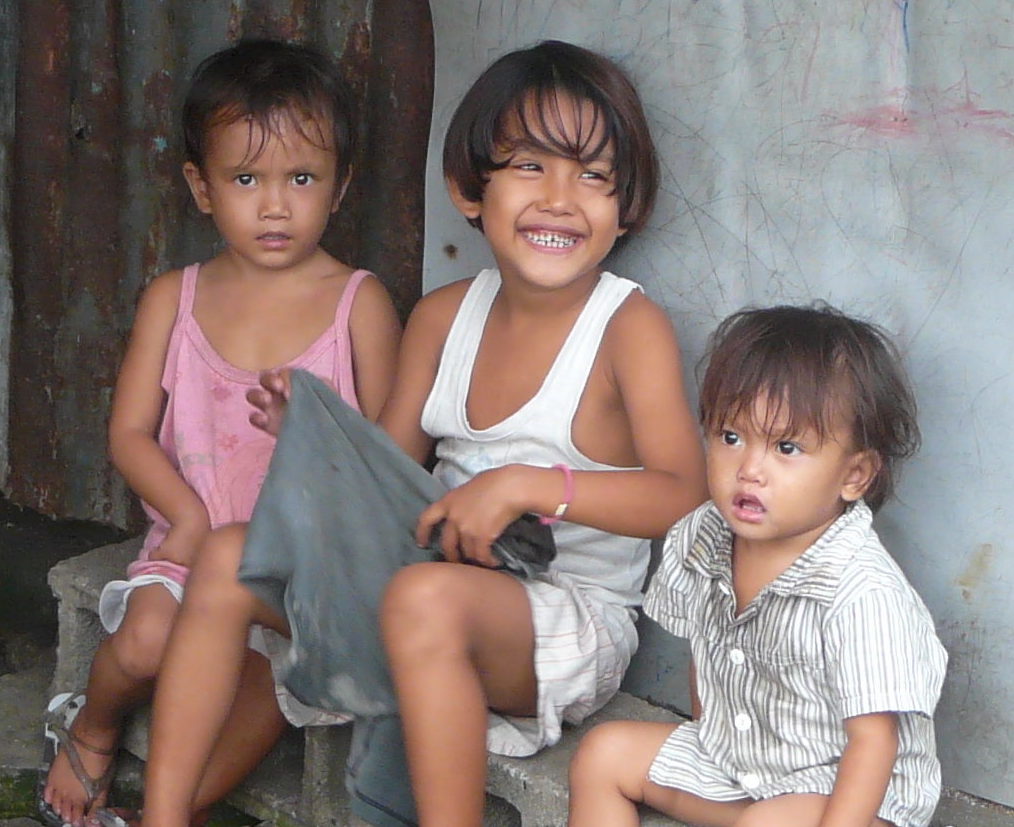The Philippines: Protecting Every Child’s Potential

Pure Earth has brought together major partners, including UNICEF, Clarios Foundation, and the Global Alliance on Health and Pollution, to implement the ambitious “Protecting Every Child’s Potential” initiative (PECP), funded by the Clarios Foundation, to significantly reduce lead exposures in low- and middle-income countries. PECP is a four-year, $15M USD, ground-breaking project. PECP funding from Clarios Foundation has been provided to Pure Earth and UNICEF separately for each organization’s distinct but coordinated activities.
Data from the Institute of Health Metrics and Evaluation estimates that about 50% of the 40 million children in the Philippines have blood lead levels (BLLs) above 5 microgram per deciliter, the standard for intervention, set by the U.S. Center for Disease Control (CDC). Various local BLL studies in children from 1995 to 2017 showed a range of 5.39 to 67.6 ug/dL. But until now, there has been no systematic effort to collect and analyze blood lead data from across the country to understand the true scope of the lead poisoning problem.
In the Philippines, Pure Earth is working with the Filipino Department of Science and Technology, Food and Nutrition Research Institute (DOST FNRI), Meridian Bioscience, the U.S. manufacturer of Lead Care blood lead testing equipment, Clarios Foundation, the leadership funder of Protecting Every Child’s Potential (PECP), and USAID which is supporting this effort through the Reducing the Threat of Toxic Chemical Pollution program.
The Philippines survey will test up to 3,200 children ages six through nine, and up to 320 pregnant women in 13 areas across the country including the cities of Muntinlupa, Navotas, Pasay, Pasig and Valenzuela in Metro Manila; provinces of Bataan, Batangas, Cavite and Tarlac in Luzon; Bacolod City and Bohol Province in Visayas; and General Santos City and Surigao del Norte Province in Mindanao.
Based upon the findings of the survey, Pure Earth will work with the National Poison Management and Control Center (NPMCC) to design a system to monitor blood lead levels at specific childhood developmental milestones. This will enable early detection of lead exposure and early intervention to address significant adverse health effects. NPMCC’s regional sites across the country will also provide access to care and follow-up assessments for patients.
The Philippines is now the third country to launch a national childhood lead monitoring program employing this strategy — utilizing the country’s existing health survey infrastructure to collect lead exposure data. Pure Earth facilitated similar efforts successfully in Mexico and the Republic of Georgia, helping those governments understand the true scope and source of childhood lead poisoning, and setting a course of action to solve the problem.
